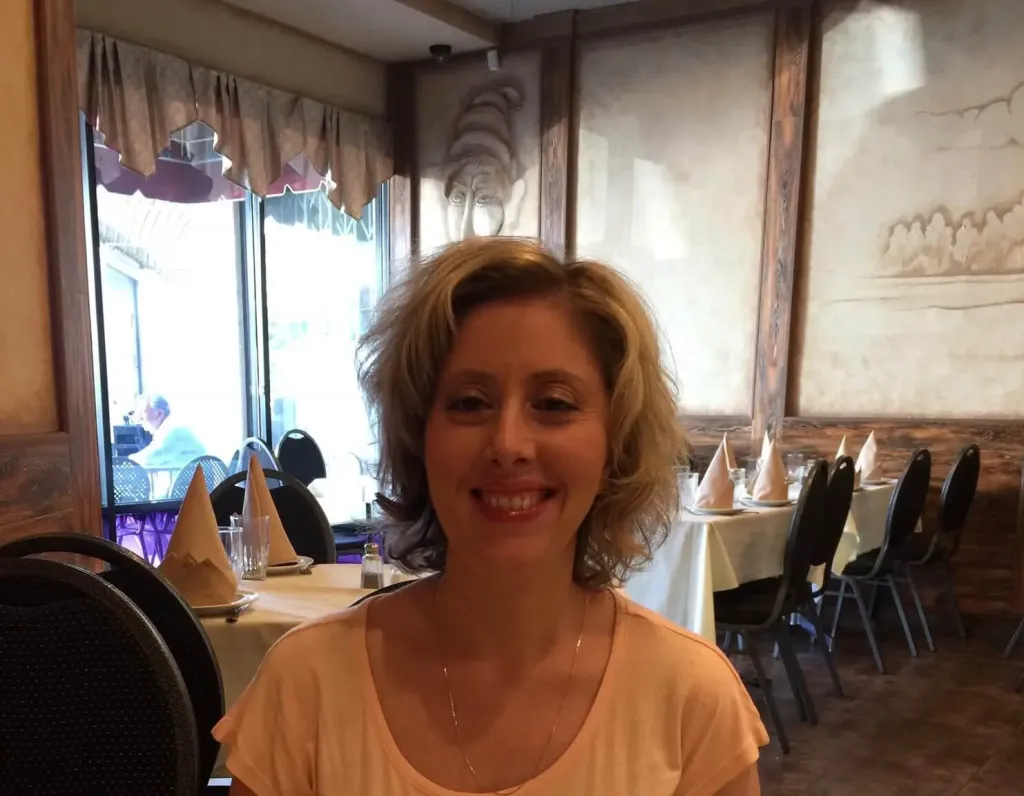Discovering a Fulfilling Career Path: Insights From a Respiratory Therapist

Healthcare careers don’t always follow a straight path. Let’s dive into stories of real allied healthcare workers: people who knew they wanted to help others. Learn how they got started and where their careers have gone since starting in the field. Read on and discover more!
Takeaways
As you think about your job choices, let Victoria's stories guide you. Here are some key points to ponder from Victoria’s journey:
-
Explore your passion for healthcare. Victoria's journey into respiratory therapy began with a desire for more meaningful work. Victoria's move from a corporate job to healthcare shows the power of following what you love. As she puts it, "I wanted to do something more meaningful where I made a difference in people's lives." This path is for those who seek fulfillment by making a real impact on patients’ well-being.
-
Embrace challenges and rewards. As a Respiratory Therapist, Victoria enjoys helping patients breathe better and recover. Her experience highlights the rewarding aspects of the job: "Seeing patients improve and recover can be rewarding." However, being ready for emotional challenges and irregular hours is essential. Victoria's insight is clear, "Dealing with patients who are critically ill... can be emotionally taxing."
-
Consider the path ahead. Before diving into respiratory therapy, Victoria advises considering important factors. First, a genuine passion for healthcare, particularly respiratory care, is crucial. She notes, "This profession requires a commitment to ongoing learning and staying updated."
Emotional resilience is key when facing critical situations. "It's important to assess your ability to handle stress and cope," she emphasizes. Moreover, physical demands require being fit and prepared. "The job may involve physically demanding tasks," Victoria warns. Lastly, a mindset of continuous learning and strong teamwork skills are vital. "Strong communication skills... contribute to the delivery of quality patient care," she suggests.
May Victoria's experiences serve as a guiding light for anyone considering a career in respiratory therapy. Her insights highlight the importance of passion, resilience, physical readiness, and continuous learning. You can also start making a significant change in people's lives. With every breath you allow them to take, you also breathe life into your aspirations. Step into allied healthcare today, and let Dreambound pave your way!

Fel is a student support representative who guides enrollees to the right program and answers their queries. She's committed to helping students and takes pride in her work. In her free time, she enjoys sightseeing and hanging out with loved ones.




